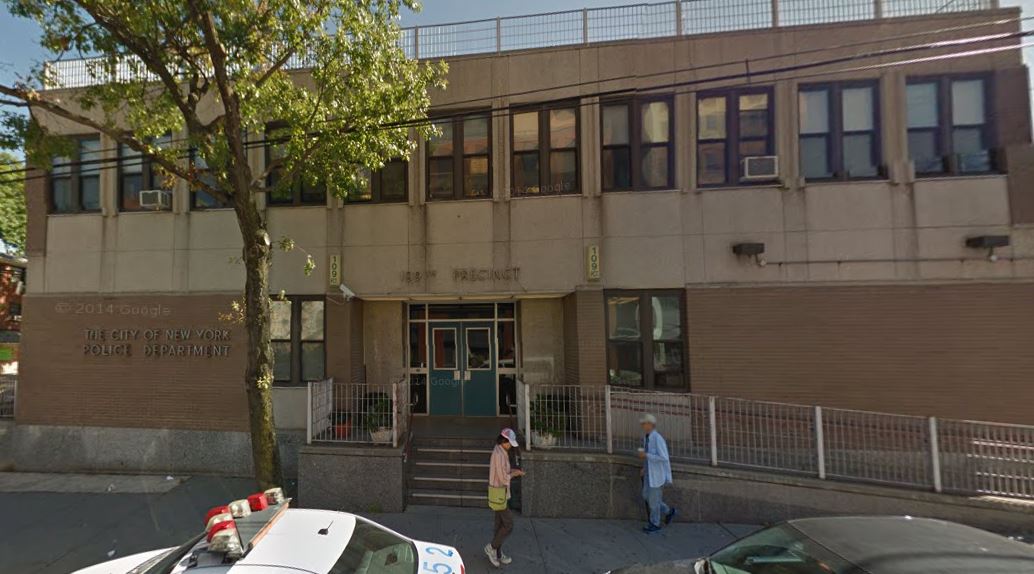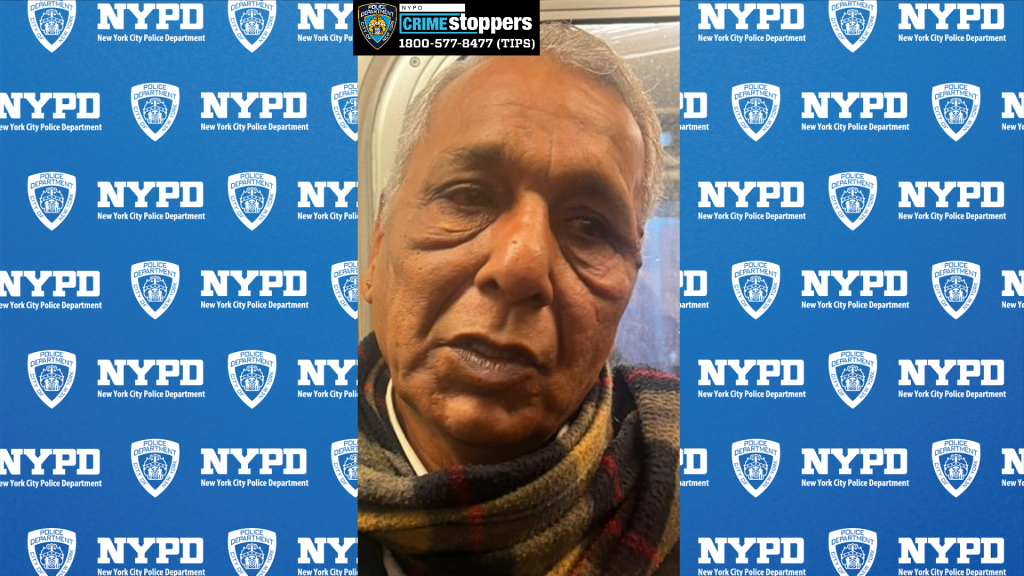Claiming they were victims of intimidation and selective enforcement connected to a corruption probe at the 109th Precinct, the owners of three Flushing karaoke bars have filed a $300 million class action lawsuit against the NYPD and other government officials.
The complaint filed in federal court last week accuses top-ranking members of the NYPD of allegedly concocting a conspiracy to squash the bribery investigation that has so far resulted in the arrest of two members of the 109th Precinct Detective Squad. Twenty-three additional officers at the 109th Precinct are also under investigation in connection with the probe.
Police Commissioner Bill Bratton was named among the defendants in the lawsuit along with Deputy Commissioner of Internal Affairs Joseph Reznick; Assistant Chief Diana Pizzuti, commander of Patrol Borough Queens North; and Deputy Inspector Thomas Conforti, former 109th Precinct commanding officer who was transferred in May to the Crime Prevention Division in Manhattan.
Last December, Lt. Robert Sung and Det. Yatyu Yam of the 109th Precinct Detective Squad were charged for allegedly soliciting and receiving bribes from the owners of local karaoke bars in exchange for providing them with inside information regarding upcoming surprise police inspections. Their indictment was the result of a two-year probe conducted by the NYPD Internal Affairs Bureau and the Queens District Attorney’s office.
According to the lawsuit, the NYPD led a number of aggressive enforcement operations at the 360 Lounge at 133-47 37th Ave., Forbidden City NY at 131-01 Fowler Ave. and Home Run KTV at 46-07 Kissena Blvd. The owners of the three bars “noticed a significant increase in selective enforcement actions” from the 109th Precinct, the State Liquor Authority and other government agencies dating back to late 2014.
The plaintiffs claimed that officers and other government officials would make unannounced inspections at the establishments, often forcing customers to leave; in some cases, they frisked and even arrested patrons without just cause, the lawsuit noted.
Police also set up a number of undercover drug purchases at Home Run KTV in April 2015 as part of a narcotics enforcement operation, the lawsuit noted. Later that month, police arrested 18 individuals and allegedly accused the club’s owners of allowing drug deals on premises.
The owners of 360 Lounge, which had closed on Dec. 31, 2015, while awaiting renewal of their liquor license, claimed the establishment was unlawfully searched by police on Jan. 15 of this year. Police later indicated it received access to the closed bar after receiving consent to search the building from the manager of an adjacent sushi bar. Security camera video of the alleged search, which the plantiffs’ attorney disclosed, can be viewed below.
The plaintiffs charged that the aggressive operations were a concerted effort to intimidate individuals who may be questioned as part of the 109th Precinct corruption probe into not cooperating. The operations were said to have caused the owners to experience a loss in business and incur tremendous legal expenses in fighting charges raised against them.
“Here, we have all of this legislative reform regarding police corruption in New York City, yet the public still suffers. In this matter, no one knows the depth of the police corruption in the ‘Karaoke Bar Protection Scandal,'” said attorney Eric Sanders, who represents the owners of the three karaoke bars. “Certainly, my clients feel the mayor, police commissioner and district attorney are simply waiting for everything to blow over, and then close the criminal case, handling everything within the NYPD as in other police scandals. The ‘Karaoke Bar Protection Scandal’ should be referred to the New York State Attorney General and/or the Department of Justice for investigation.”
When contacted by QNS, the city’s Law Department did not provide comment other than, “The lawsuit will be reviewed.” The Law Department handles any legal action brought against the NYPD and other city agencies.




































